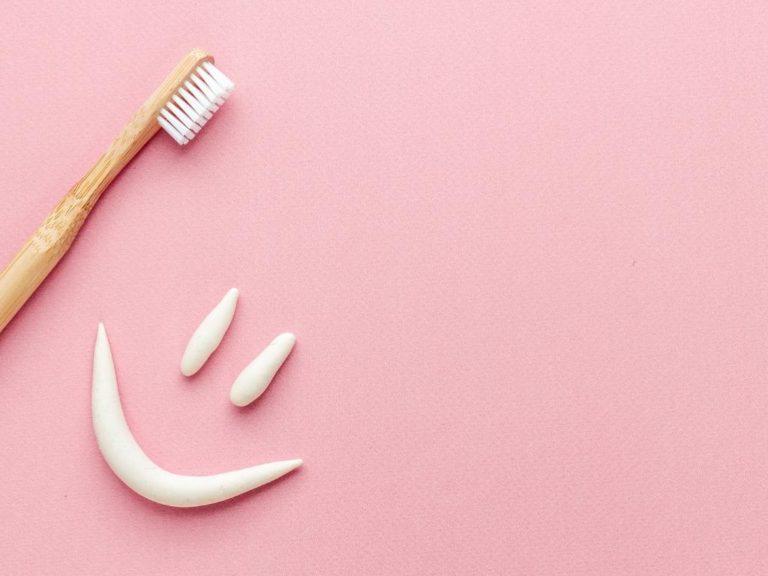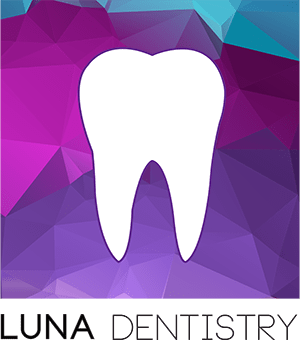Dental Health During Pregnancy

A common screening that occurs at the dental office, for our female patients is whether they are an expectant mother. With that in mind let’s explore some of the common dental/oral events and current recommendations in treating our most precious population.
Dental Health during Pregnancy:
Pregnancy changes a woman’s body, including hormonal fluctuations that can impact oral health. It is crucial to prioritize dental health during pregnancy to ensure the overall well-being of both the mother and the developing baby. Maintaining good oral hygiene practices and seeking regular dental care are essential components of a healthy pregnancy.
Is the pregnant patient at an increased risk for oral diseases?
Pregnancy is a very delicate event, drastically altering the physiology of a woman’s body and also oral cavity. Hormonal fluctuations of estrogen and progesterone lead to complex events resulting in dilation of microvasculature, permeability of oral blood vessels and also lowering of host immunity, posing a risk to developing oral infections.
Pyogenic Granuloma
Along with local factors (such as plaque and calculus), changes noted with pregnancy contribute for the growth of erythematous, fluid lesions commonly noted along the gingival margin of teeth.
Erosion of Teeth
Morning sickness is especially common in the first trimester – as well as a lax esophageal sphincter in later stages, the mother may experience upward pressure from the fetus- patients mouth will be exposed to gastric acids that lead to erosion of teeth.
Dental Caries
Pregnancy affects patients behavioral and eating habits, due to the increased need of energy, a pregnant woman has to modify the quantity and content of diet, often leading to increase intake of carbohydrate rich foods that are more cariogenic. In conjunction to the altered salivary flow, caries risk can be substantially heightened during pregnancy.
Gingivitis/Periodontitis
Hormonal fluctuations that occur during pregnancy affect also the oral cavity. Alterations are noted in vascular characteristics, changes in periodontal microbiota, and modulation in immune functions that can contribute to worsening or onset of gingivitis and/or periodontitis.

Dental Management
Recall
Regular recall visits should be maintained during pregnancy in managing local factors of teeth, minimizing gingival swelling, and screening for infections. It’s important to have a hygiene appointment during the first trimester, at which time, oral hygiene instructions are reviewed with the patient.
Fluoride varnish may be protective against acid erosion, but patient must also be educated to rinse with water in the event of vomiting due to morning sickness and avoid brushing immediately after.
Radiographs
X-ray examination (although considered safe at any point by ADA), should be taken on an emergency basis with the patient adequately covered with a lead apron. Dental infections should be treated aggressively. Caries restorations should be done during the 2nd trimester on(4-6months).
Medications
Prescription of medication is a concern for the potential of crossing over the placental barrier and causing teratogenic defects.
- Acetaminophen is a category B analgesic and should only be prescribed on a pain basis for a period of 2-3 days.
- Commonly prescribed antibiotics, clindamycin amoxicillin and metronidazole are category B drugs and are considered generally safe; tetracycline and it’s derivatives must be avoided.
- Local anesthesia is generally considered safe: lidocaine and prilocaine are category B, epinephrine addition, articaine, and bupivacaine are category C medication.
- Sedatives such as barbiturates, benzodiazepine and nitrous oxide should be avoided
Nitrous Oxide
Nitrous oxide is classified as a pregnancy risk group Category C medication, meaning that there is a risk of fetal harm if administered during pregnancy. It is recommended that pregnant women, both patients and staff, avoid exposure to nitrous oxide.
Final Thoughts
Associated hormonal changes experienced during pregnancy alter the physiology and oral health of the patients. Continuation of care is important in maintenance of oral health and prevention of onset of infections.
Special nuances should be considered when providing care for the pregnant patient. As well patients must be motivated and educated on adequate care and nutrition.
Related Articles:


